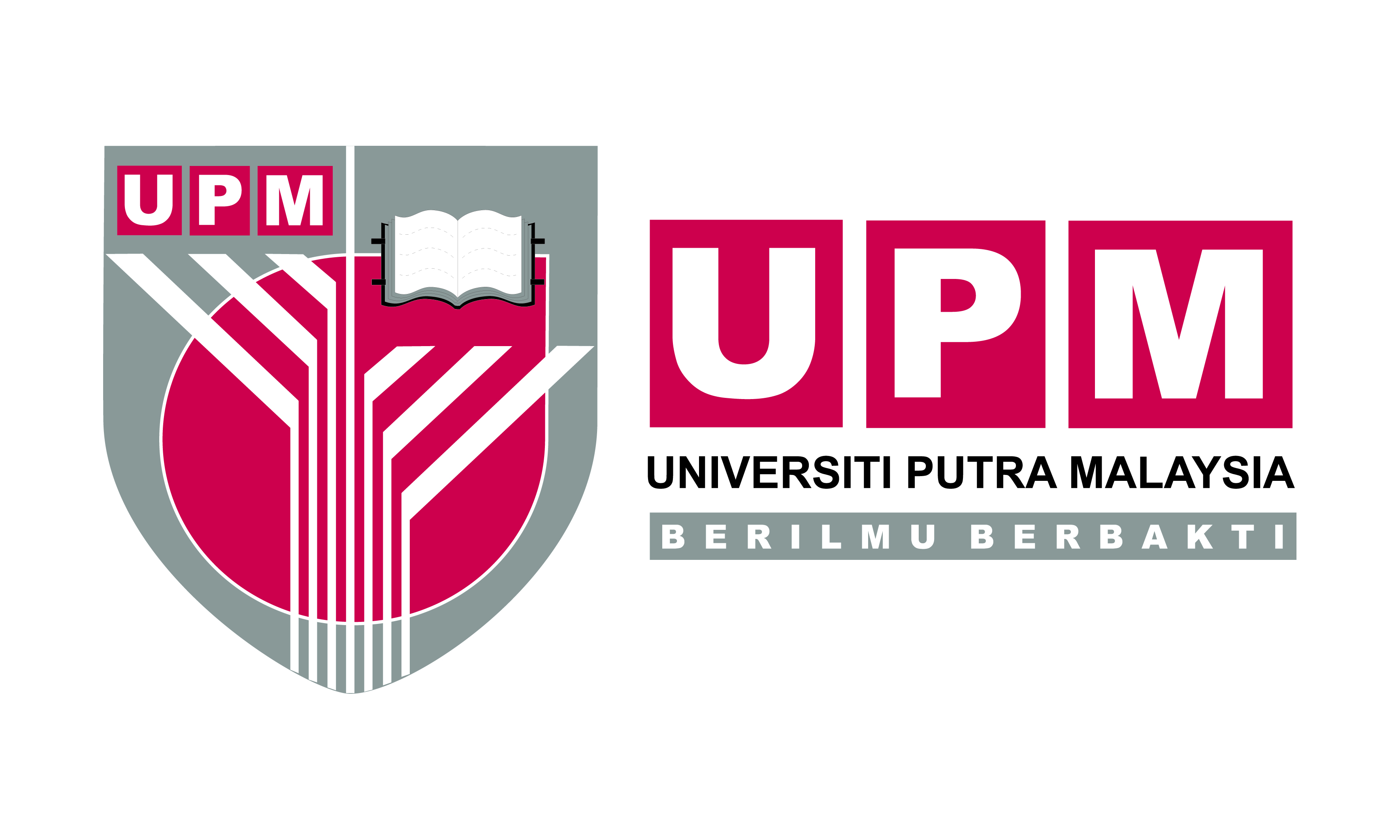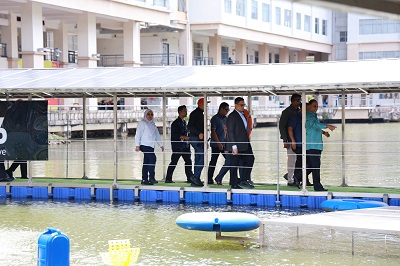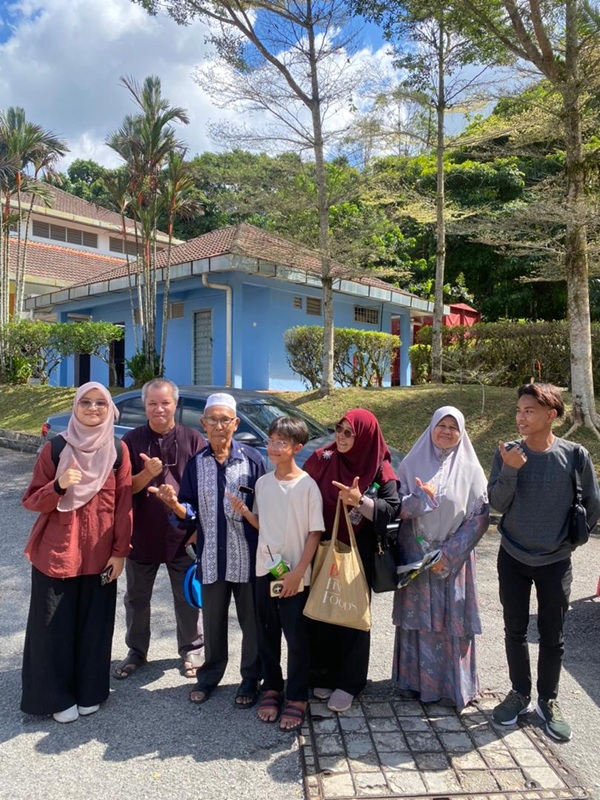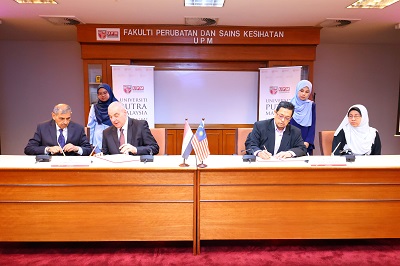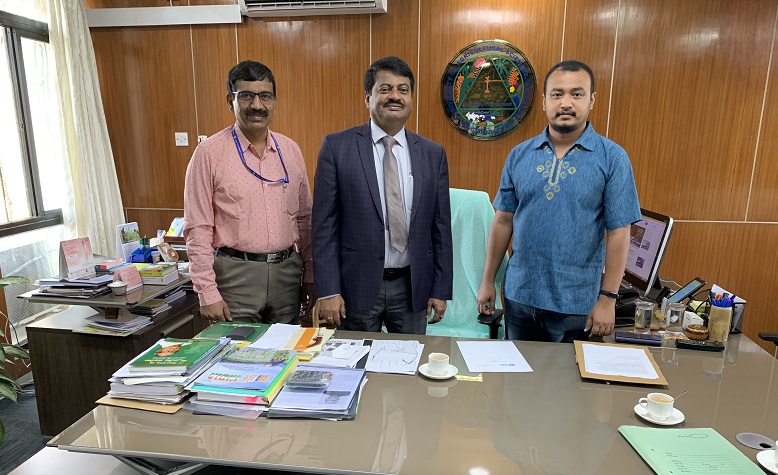
BENGALURU, (India) – The Department of Land Management, Faculty of Agriculture, Universiti Putra Malaysia (UPM) in collaboration with the University of Agricultural Sciences Bengaluru (UASB), India has researched on the use of harvesting waste and rice processing to increase the production rate of corn while maintaining growth during water shortages or drought.
The greenhouse research concentrated on the sustainable management of rice harvest waste.
Asia is a continent with the largest rice plantation and production area in the world; therefore, much waste such as rice husk and straw is produced.
A lecturer from the Department of Land Management, Faculty of Agriculture, Dr. Daljit Singh, said many farmers reuse the waste on land, and it can affect the environment negatively if not done correctly and sustainably.
“The process of rice husk heating with a lack of oxygen is known as biochar, and this rice husk can help increase the efficiency of nutrient intake from fertilisers by the corn trees,” he said.
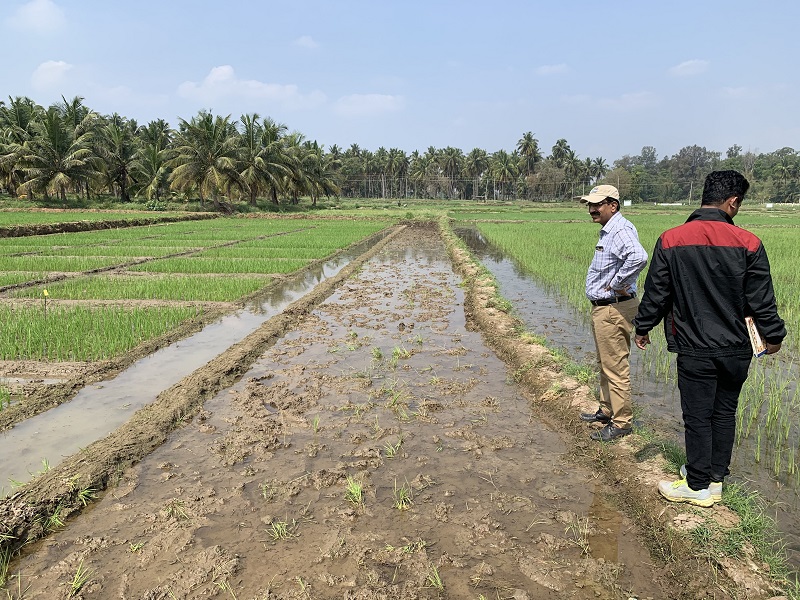
He said the use of biochar could help decrease the use of chemical fertilisers while maximizing the use of rice husk.
UASB Plant and Soil Nutrition expert, Prof. Dr. Prakash Nagabovanalli, said the special feature of rice husk is its high content of silica minerals.
He said the silica mineral helps to tighten the leaves and stems of the corn tree even under the condition of lack of water.
“Water shortage is not a new problem for Malaysia and India. Like humans and animals, plants also need sufficient water to keep the stems, leaves and roots fresh.
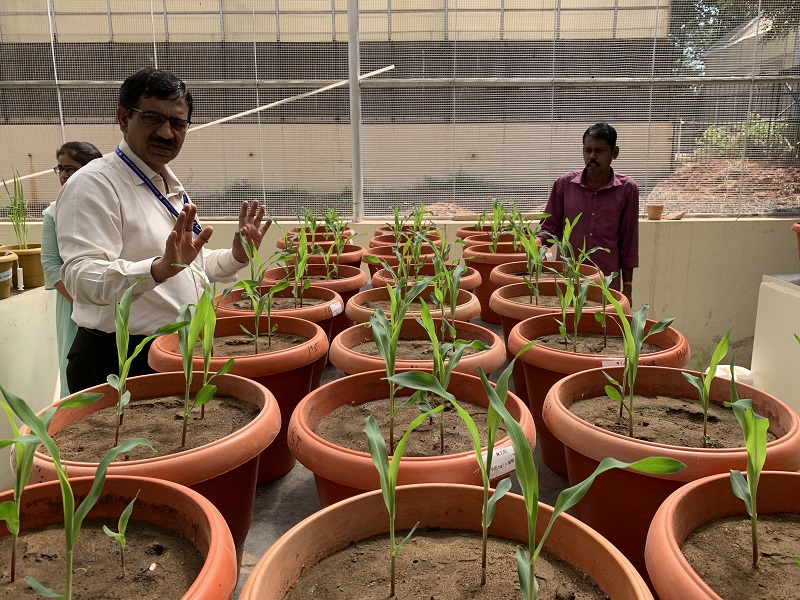
"Fresh leaves will enable a smooth process of photosynthesis, while a lack of water will cause the leaves of corn trees to curl up and become dry, hindering the process of photosynthesis,” he said.
The long-term research is sponsored by the Indian Department of Science and Technology. Dr. Daljit Singh was on a six-month research attachment in India. - UPM
